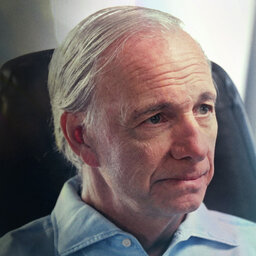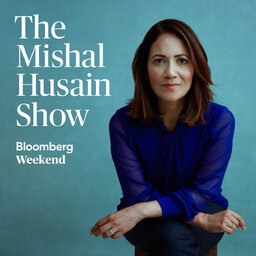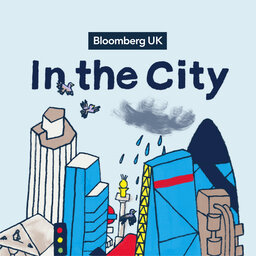The luxury industry is booming. Just look at the latest figures from LVMH and Hermes. Or as Harrods Managing Director Michael Ward says in this week’s episode of In the City, observe the foot traffic in his storied London department store. While mid-market labels are feeling the squeeze, super-brands like Chanel and Dior are thriving, Ward explains. “The great thing about the luxury industry is it’s price insensitive,” he says. “The rich get richer, and that’s the world.”
In 1 playlist(s)
In The City
Get ahead of the trends and conversations that are shaping the City of London. Join Bloomberg's Fran…Social links
Follow podcast
Recent clips

Ray Dalio on his 'tough love' approach, meditating, debt and the global crisis
32:30

Introducing: The Mishal Husain Show
02:19

Finnish President Alexander Stubb on How to be Resilient in Russia's Shadow
38:25
 In The City
In The City